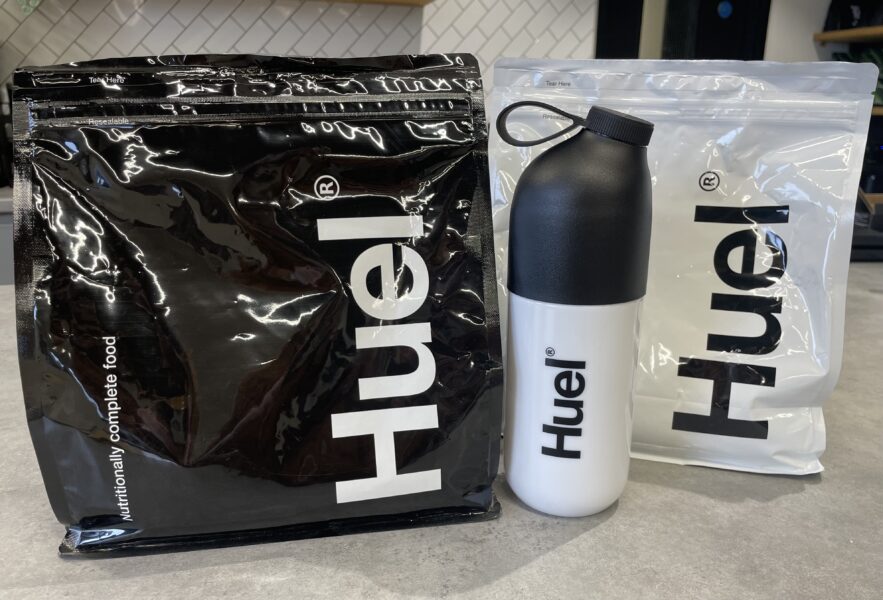
In recent years, companies like Huel and Yfood have surged in popularity, offering “meals in a bottle” that promise all the nutrition of a balanced meal with minimal hassle. These meal replacements are marketed as convenient, complete, and scientifically balanced alternatives to traditional food. But are they really the future of our diets?
Studies exploring all-liquid or powdered diets suggest mixed outcomes. In a “Five Weeks on a 100% Huel Diet” study conducted by Huel, 4 participants who consumed only Huel for over a month experienced weight loss, primarily due to a calorie deficit. Improvements in blood markers, like cholesterol, suggested cardiovascular benefits, and most participants found Huel convenient and nutritionally adequate. However, challenges arose in terms of taste and texture, with some participants reporting difficulty due to the monotony of flavour and texture. Although the average difficulty level was moderate, one participant who felt consistently hungry attributed it to being on a calorie-restricted intake.
An independent study, “I Ate Nothing but Huel for 30 Days,” echoed these findings. The author noted initial energy dips that later stabilized, highlighting Huel’s potential as a steady energy source. While it was praised for its convenience and nutritional completeness, the author missed the variety and satisfaction associated with traditional meals.
While meal replacements offer convenience and essential nutrients, they may struggle to replace the sensory experience and satiety of traditional meals.
Furthermore, research published in Nature on food texture’s influence on satiety suggests that higher-viscosity or solid foods are more effective at curbing hunger. Thicker textures increase fullness and may help with weight management, indicating that liquid meal replacements may never fully satisfy hunger in the same way traditional foods do.
While meal replacements offer convenience and essential nutrients, they may struggle to replace the sensory experience and satiety of traditional meals. Whether these products become mainstays in our diets may depend on balancing nutrition, convenience, and the innate human desire for variety and satisfaction.

